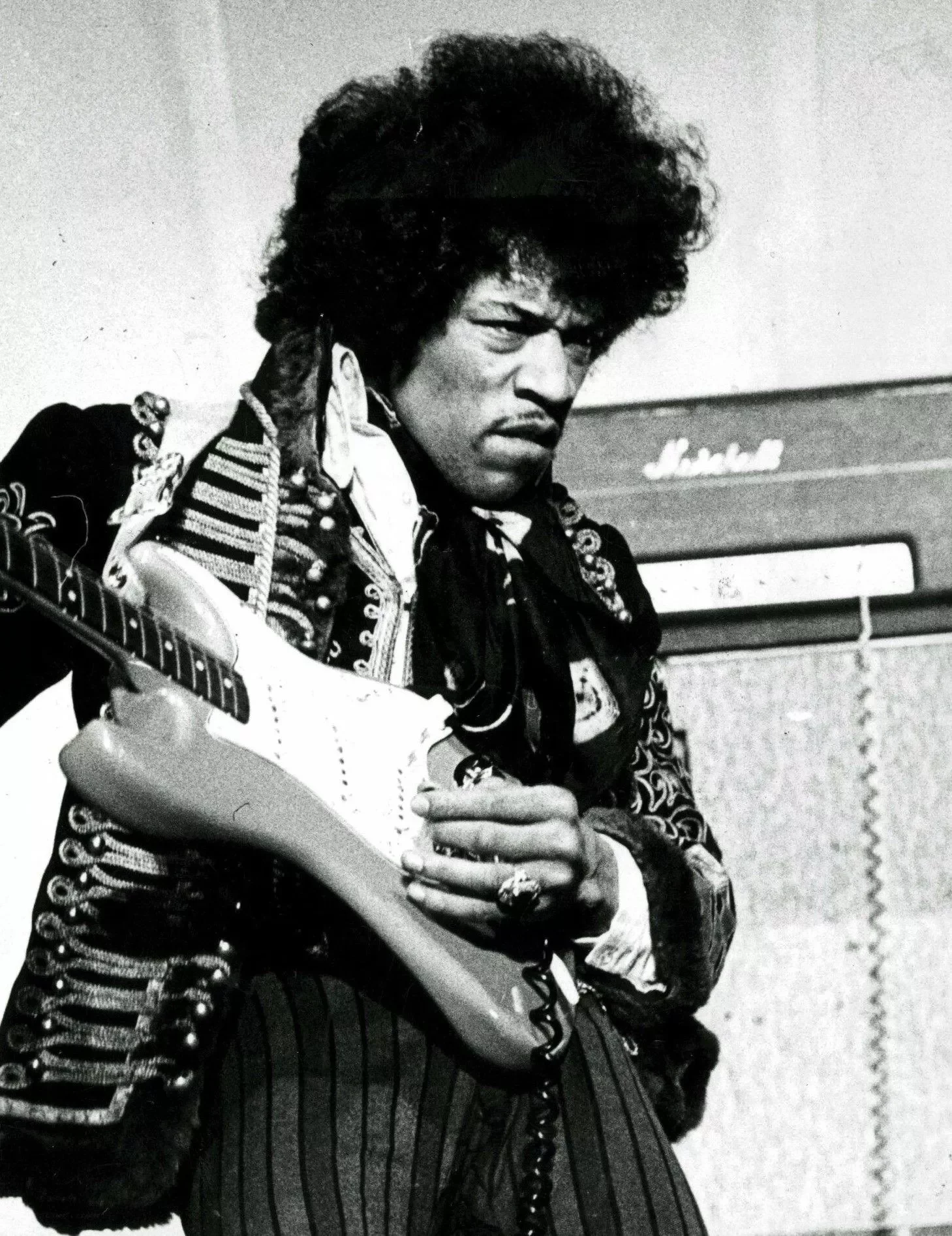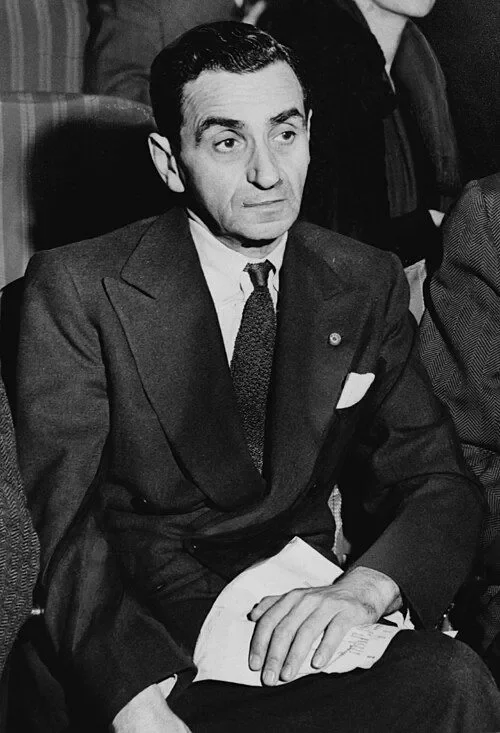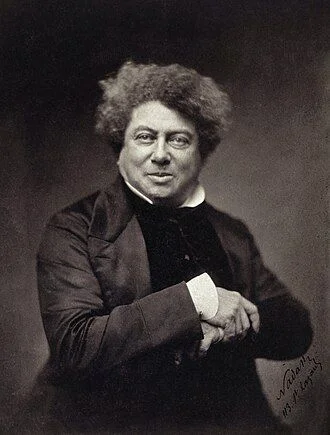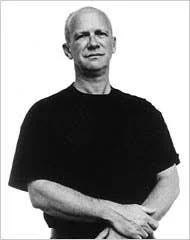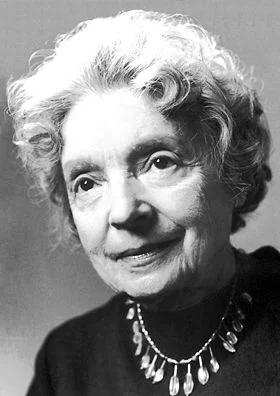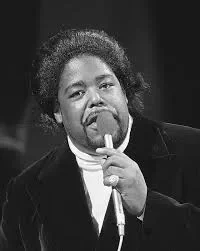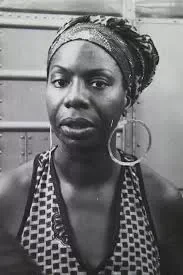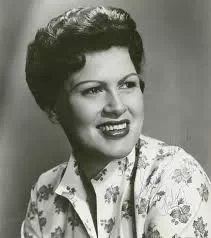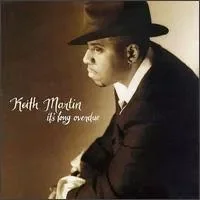Real Celebrities Never Die!
OR
Search For Past Celebrities Whose Birthday You Share
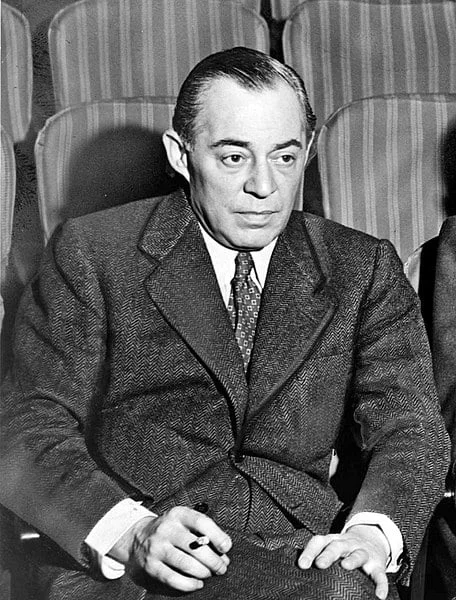
source:wikipedia.org
Richard Rodgers
Birthday:
28 Jun, 1902
Date of Death:
30 Dec, 1979
Cause of death:
Heart failure
Nationality:
American
Famous As:
Composer
Age at the time of death:
77
Richard Rodgers's Quote's
Introduction to Richard Rodgers
Richard Rodgers, born on June 28, 1902, was one of the greatest composers and songwriters in the history of American musical theater. He was born in New York City, specifically in the borough of Queens. Richard Charles Rodgers displayed immense talent at a young age, which ultimately led to his remarkable and prolific career in the world of Broadway.
The Rodgers and Hart Era
Rodgers’ journey in music began when he met a fellow student, Lorenz Hart, while attending Columbia University. The duo formed a collaboration that would endure for over two decades, producing countless memorable melodies and lyrics. Their partnership resulted in the creation of numerous celebrated musicals, such as “Pal Joey,” “Babes in Arms,” and “The Boys from Syracuse.” Rodgers and Hart’s work exuded a unique blend of wit, charm, and musical sophistication, earning them great acclaim within the industry.
The Loss of Lorenz Hart
Tragically, Lorenz Hart’s declining health and personal struggles resulted in his untimely death on November 22, 1943. Devastated but undeterred, Richard Rodgers sought a new creative partner to continue his musical endeavors.
The Rodgers and Hammerstein Partnership
It was during this period that he joined forces with Oscar Hammerstein II, with whom he formed one of the most successful and influential partnerships in the history of musical theater.
Rodgers and Hammerstein’s collaborations revolutionized the art form, incorporating themes of social consciousness and moral dilemmas into their works. Their first collaboration, “Oklahoma!” (1943), was an instant success, introducing the concept of the integrated musical, where songs and dances seamlessly furthered the plot and character development. This groundbreaking approach set the stage for future masterpieces, including “Carousel,” “South Pacific,” “The King and I,” and “The Sound of Music.”
Timeless Songs and Legacy
Richard Rodgers’ exceptional ability to craft melodic, heartfelt songs ensured that his compositions became timeless classics. Songs like “My Funny Valentine,” “Some Enchanted Evening,” “Edelweiss,” and “You’ll Never Walk Alone” have become standards in the musical theater canon and have been performed by countless artists across the globe.
Recognition and Achievements
Rodgers’ illustrious career garnered him numerous accolades, including a Pulitzer Prize, an Emmy, multiple Academy Awards, and countless Tony Awards. His music not only entertained audiences but also inspired future generations of composers and lyricists. He left an indelible mark on the theatrical landscape, shaping the evolution of the American musical.
Richard Rodgers’ Passing
On December 30, 1979, Richard Rodgers passed away at the age of 77 in New York City, the place where his musical journey began. Despite his physical departure, his musical legacy continues to enchant audiences worldwide, bringing joy, introspection, and a love for the dramatic arts.
Conclusion: A Pillar of American Musical Theater
Richard Rodgers, a true pioneer and master of his craft, will always be remembered as a pillar of the American musical theater, whose melodies will echo throughout the ages, reminding us of the power of music to touch our souls and transcend time itself.
Name:
Richard Rodgers
Popular Name:
Richard Rodgers
Gender:
Male
Cause of Death:
Heart failure
Spouse:
Place of Birth:
New York City, U.S.A
Place of Death:
New York City, U.S.A
Occupation / Profession:
Personality Type
Mediator: Poetic, kind and altruistic people, always eager to help a good cause. He was known for his dedication, thoughtfulness, and ability to create deeply emotional and harmonious music, Rodgers showed a strong sense of responsibility and loyalty in his partnerships with Lorenz Hart and Oscar Hammerstein II.
Richard Rodgers achieved EGOT status, meaning he won at least one Emmy, Grammy, Oscar, and Tony Award. He was the first person to accomplish this feat.
Rodgers and Hammerstein's musical "Oklahoma!" was the first collaboration between the duo and became the longest-running musical at its time, running for over five years on Broadway from 1943 to 1948.
Rodgers' career spanned over six decades, with his work being performed on Broadway for nearly 50 years. His musicals continue to be revived and beloved by audiences around the world.
Academy Awards
Emmy Award
Grammy Awards
Kennedy Center Honors, In 1978,
Pulitzer Prize
Tony Awards

